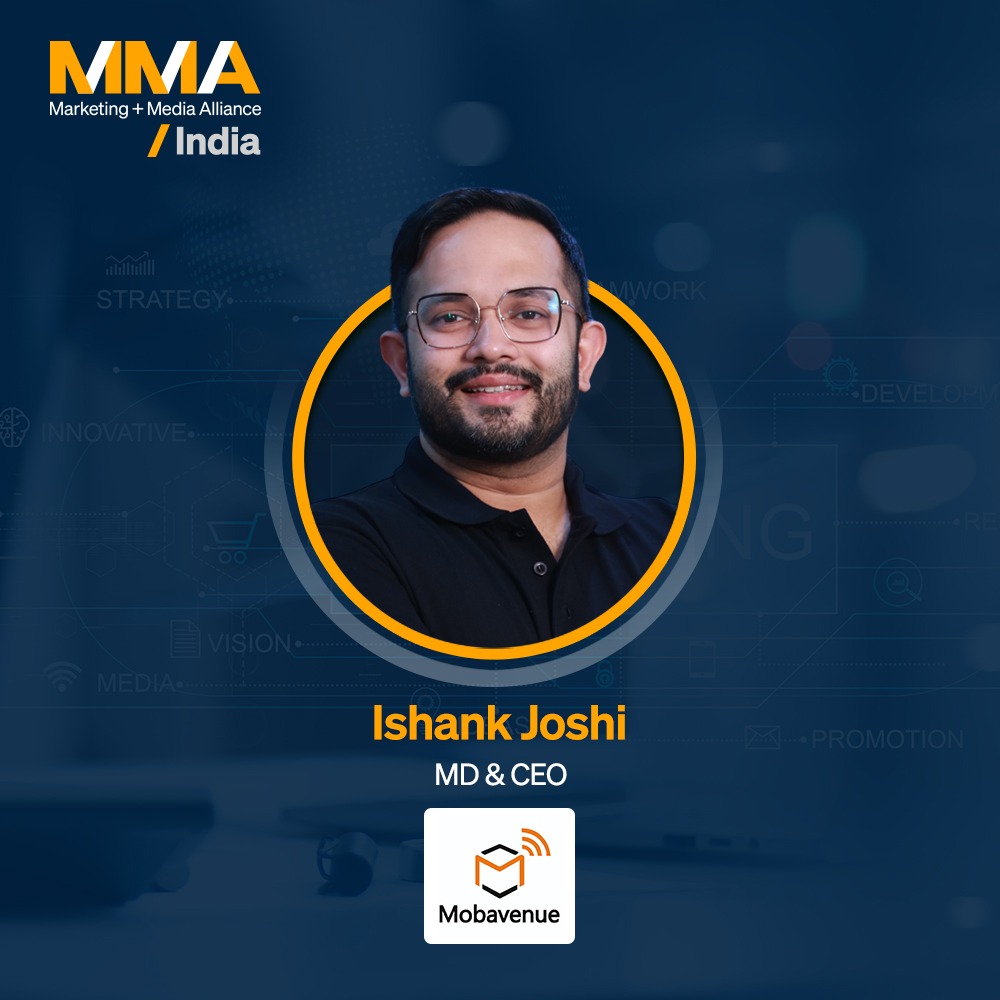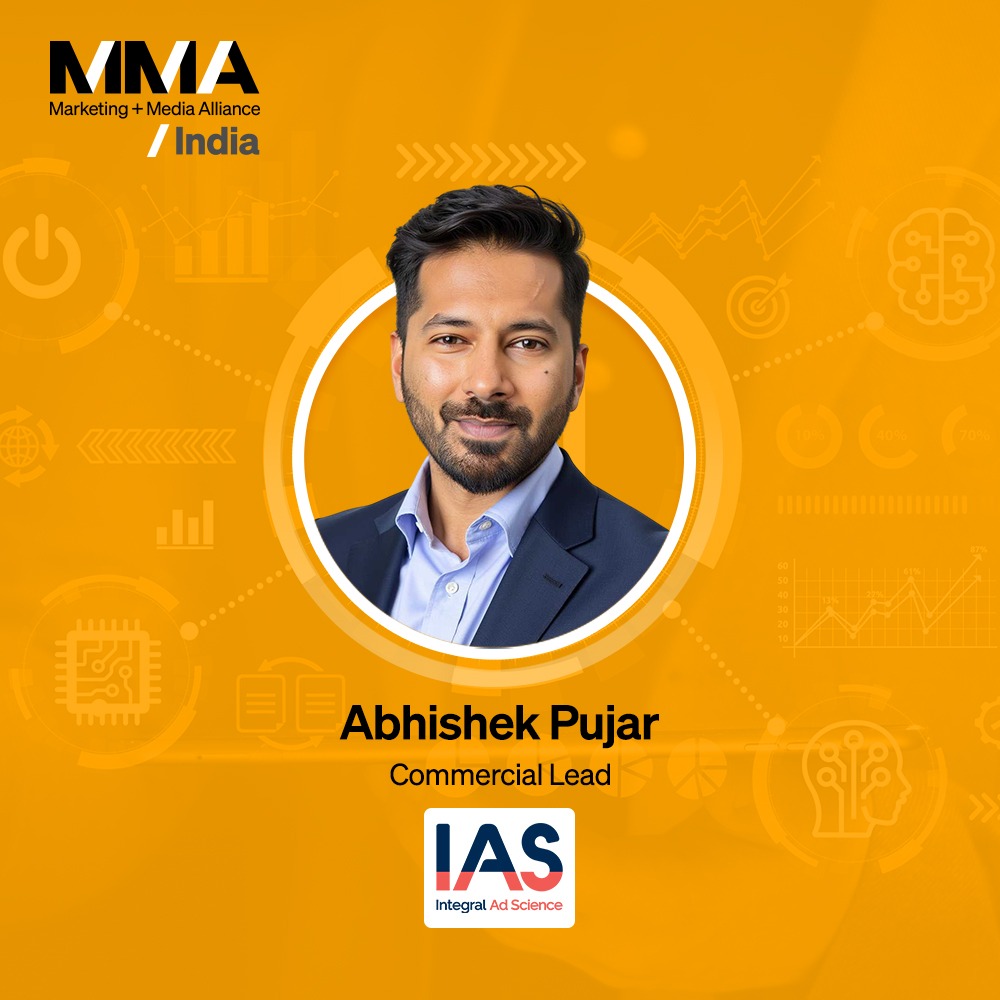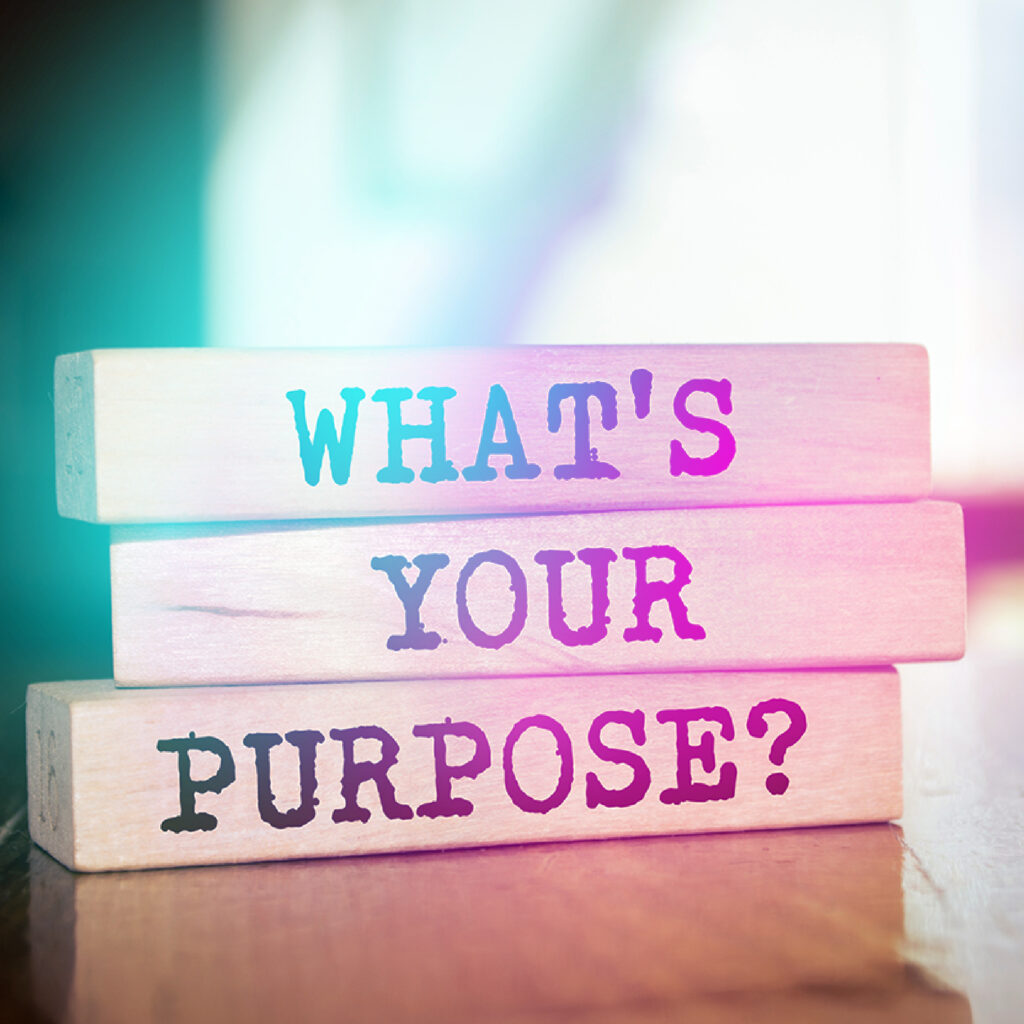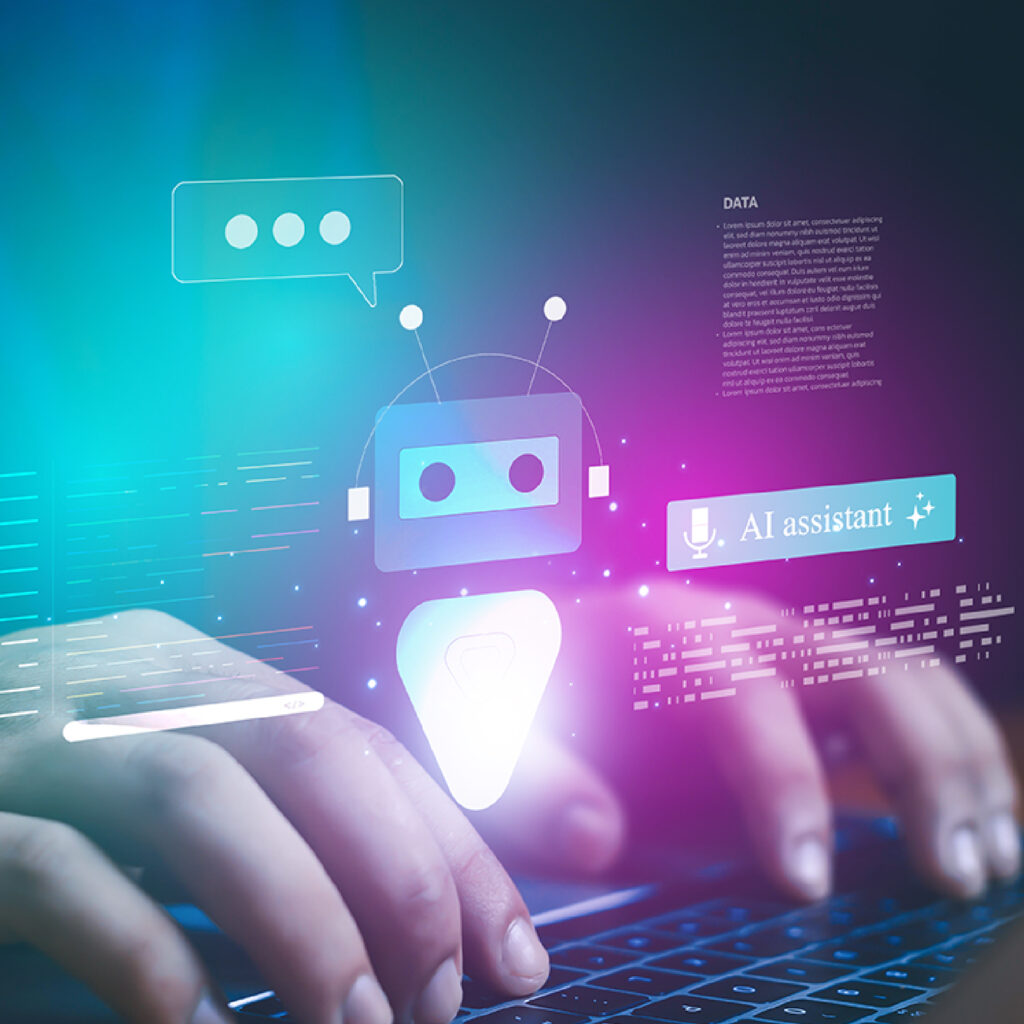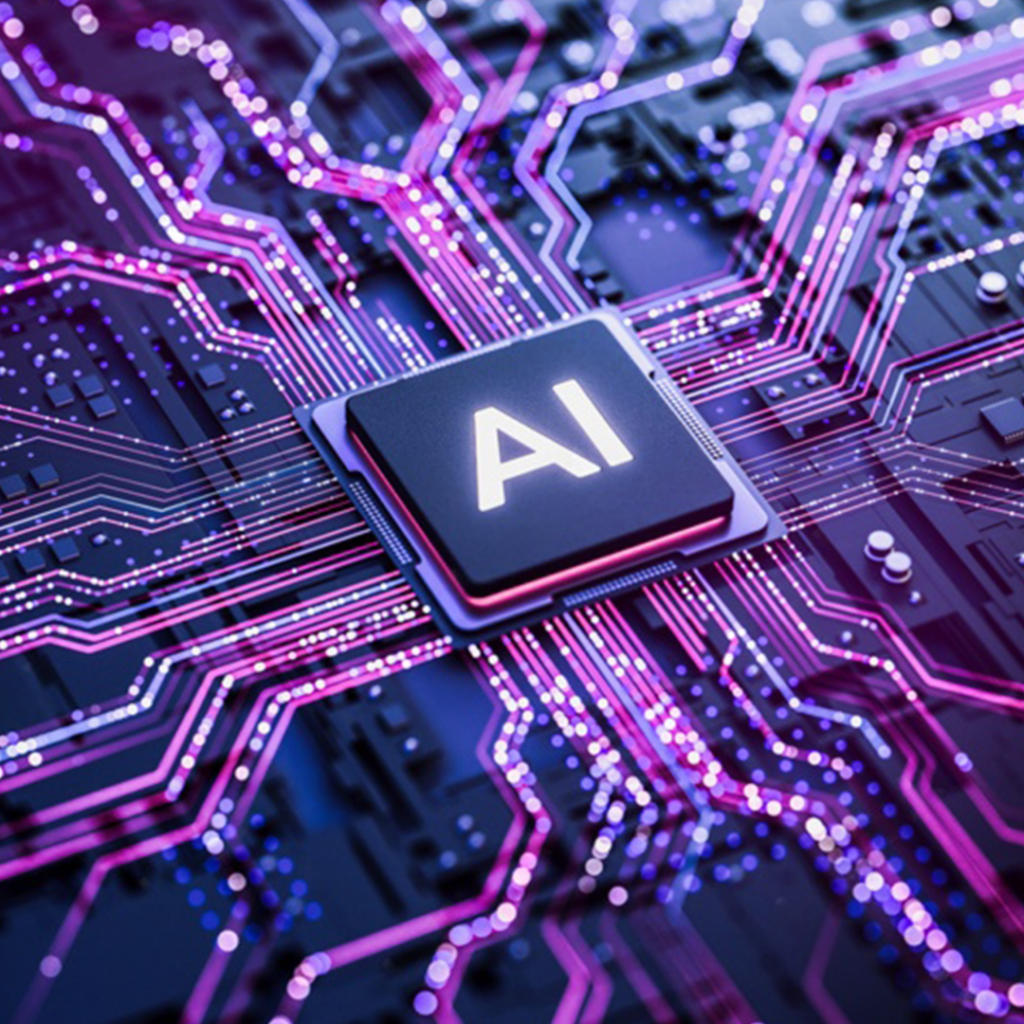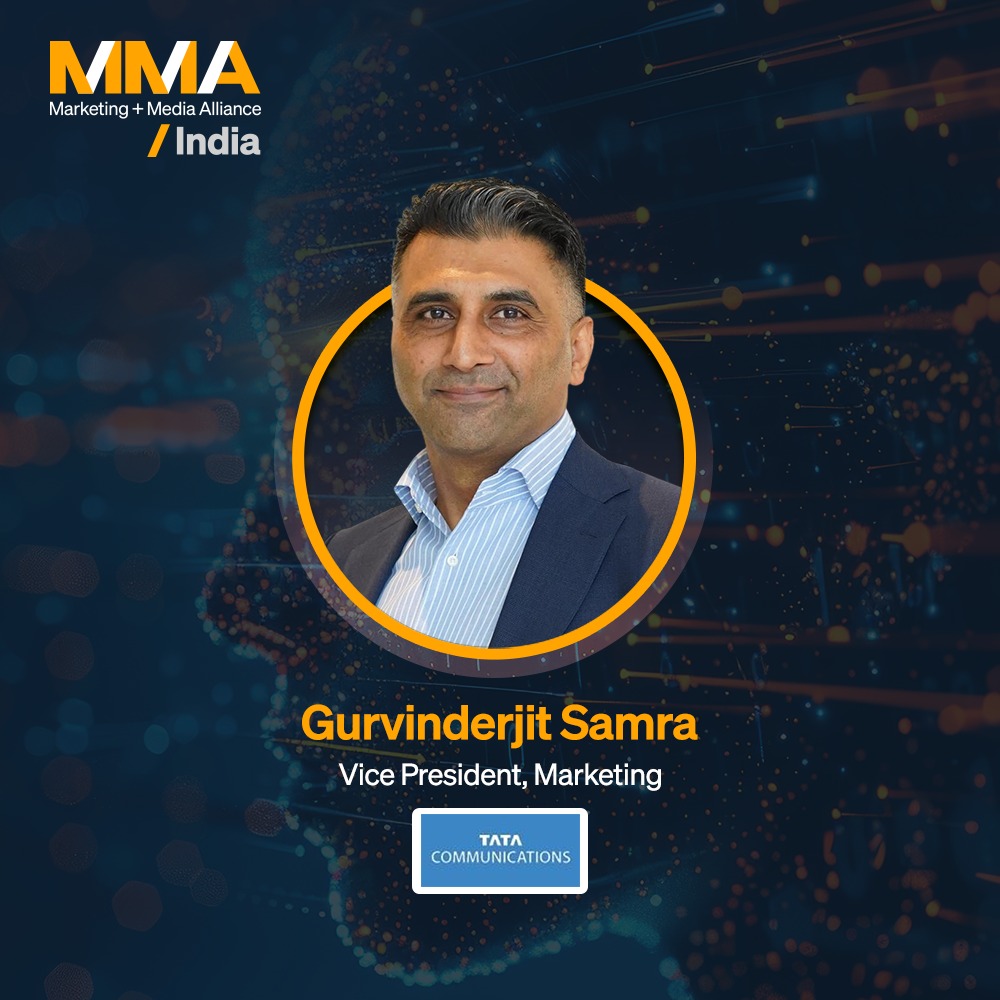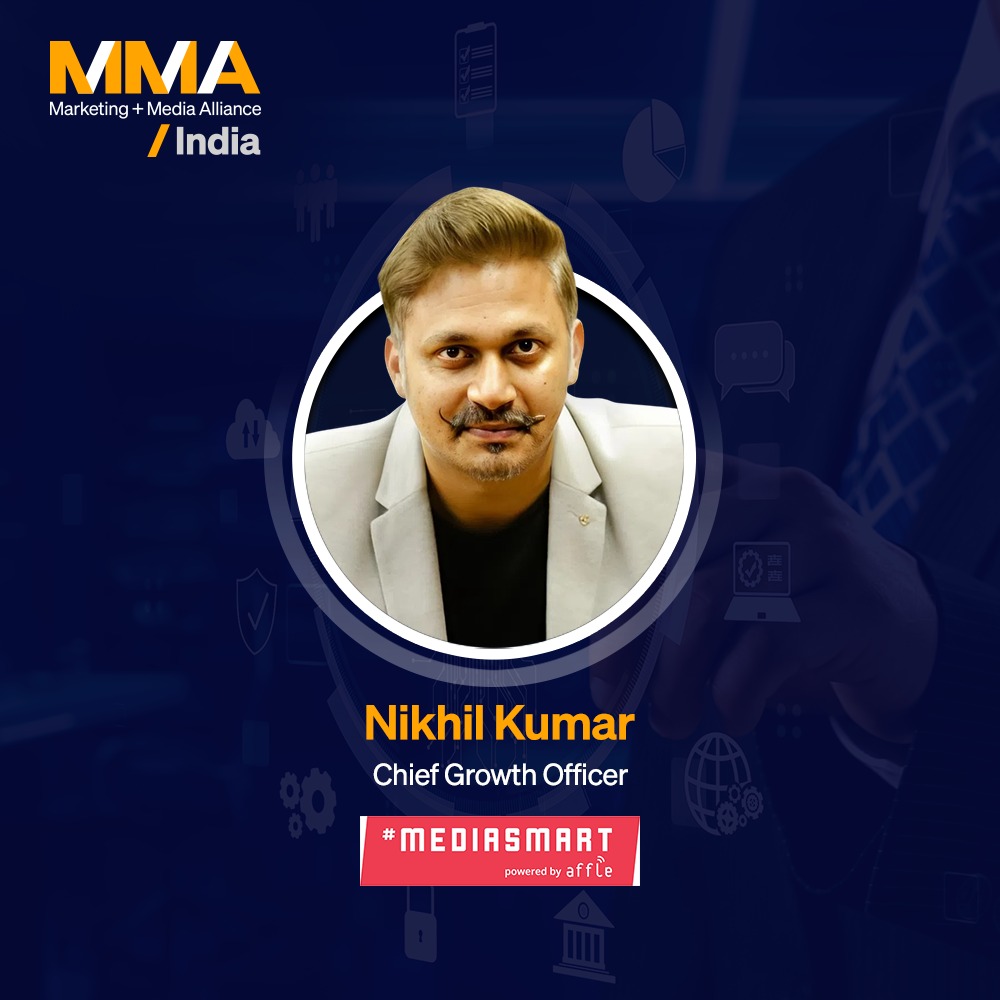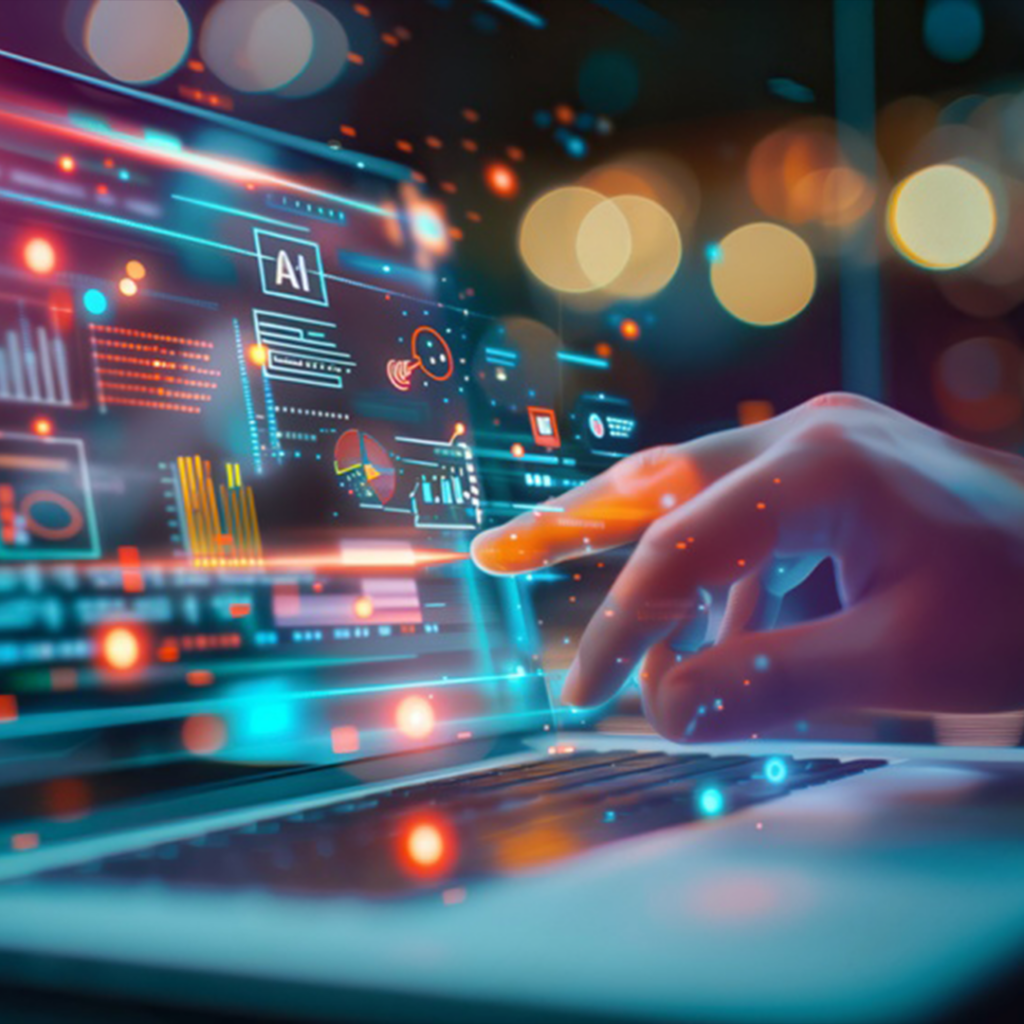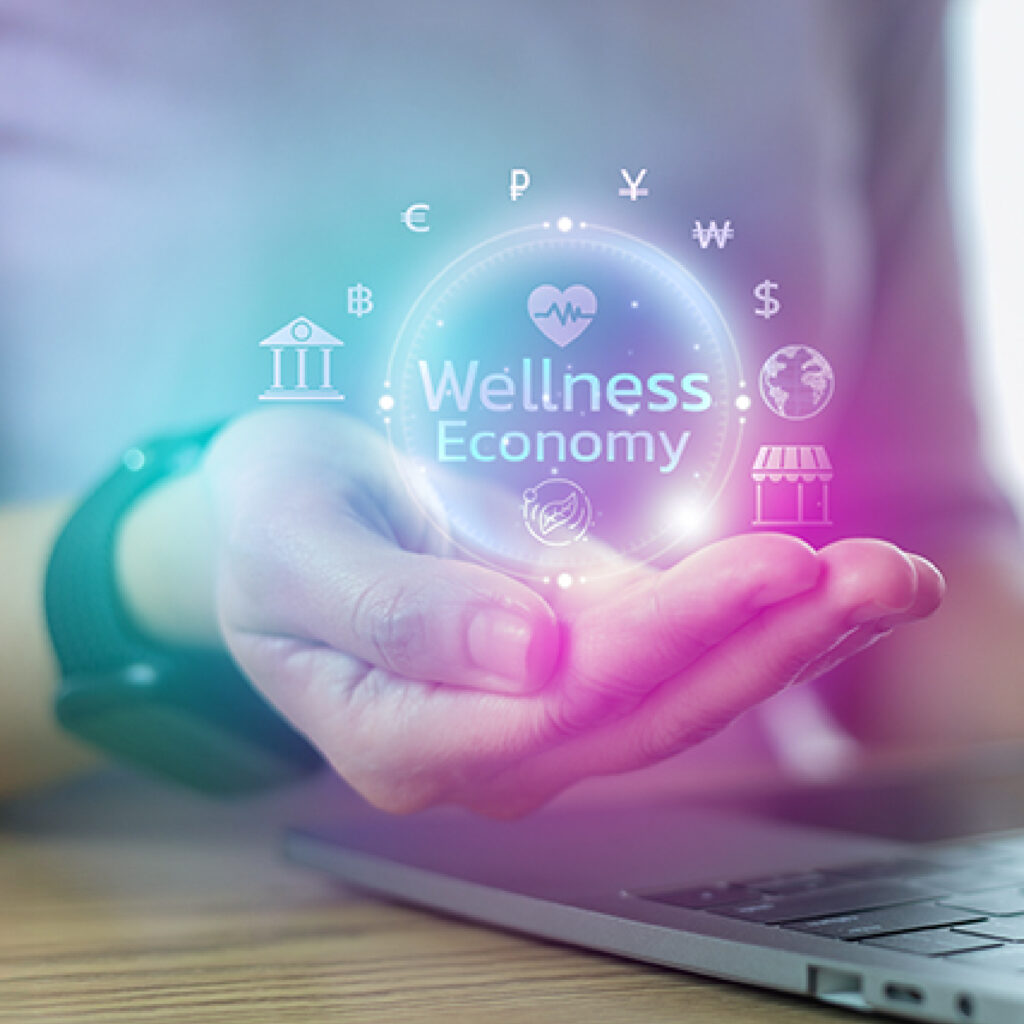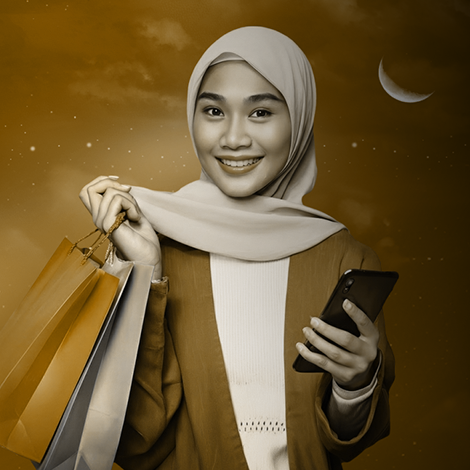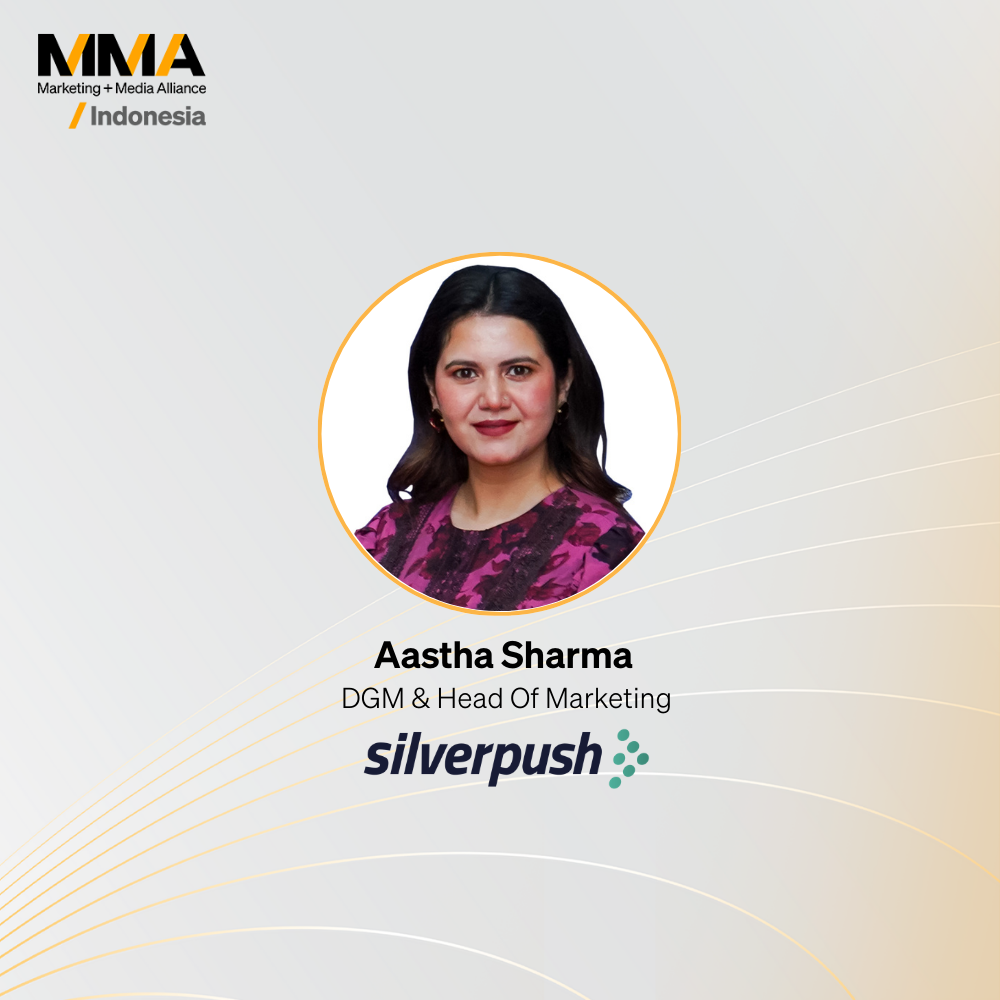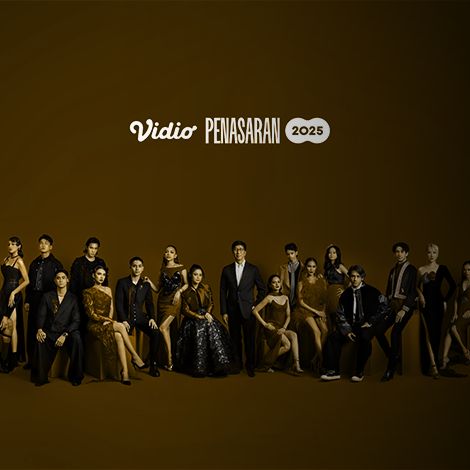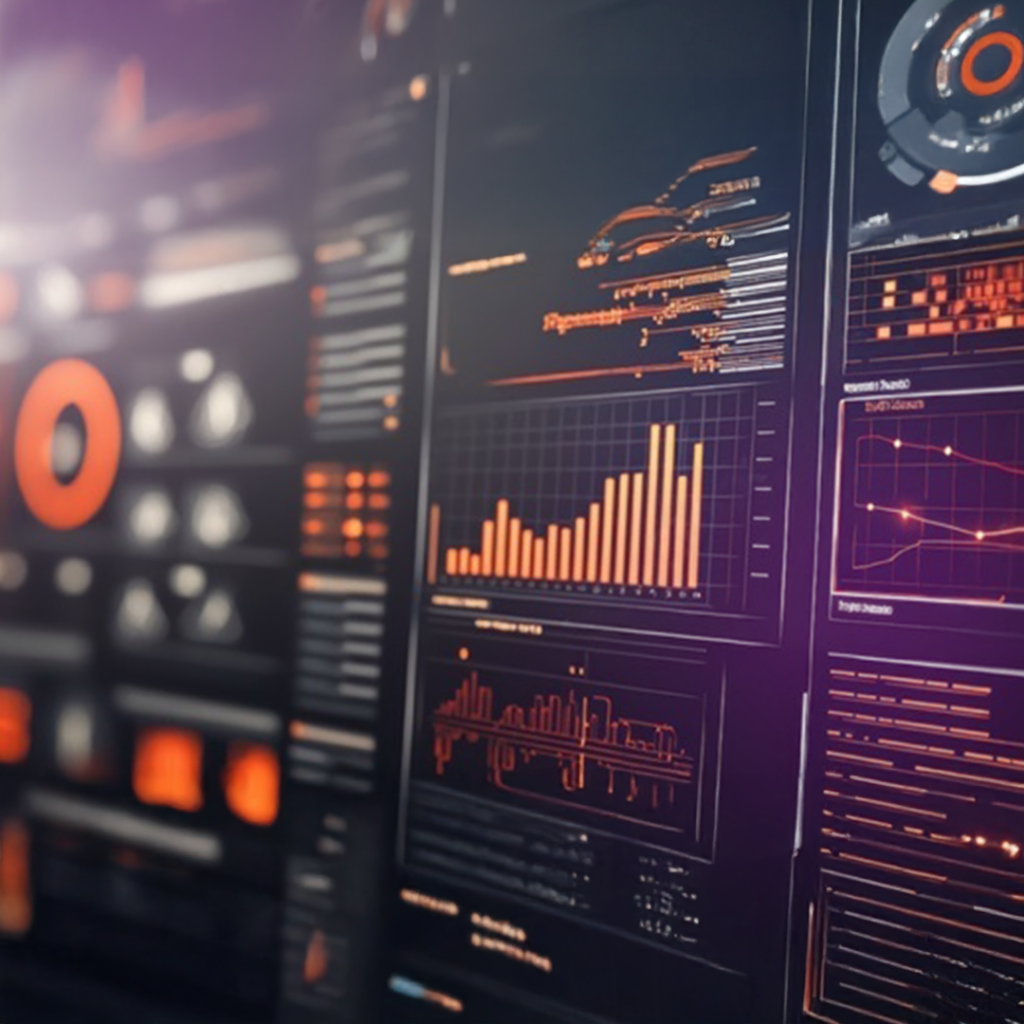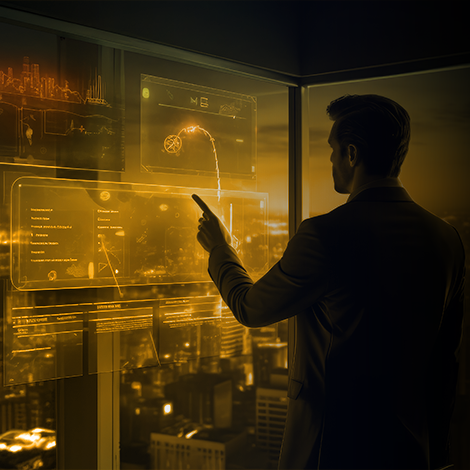
2024 was marked by an increasing number of instances where AI supercharged marketing campaigns, impacting creative processes and potential returns. Advanced data analytics, machine learning algorithms, chatbots, and virtual assistants shaped campaigns, changing how brands connect with customers. The trend was prominent globally, and the APAC region was no exception.
An MMA survey of CMOs in the APAC region reveals that 57.45% leverage AI for customer insights and analytics, while 50.31% of marketers use AI for personalized recommendations. Moreover, 62.11% of marketers use AI-driven content creation tools to enhance their marketing efforts. The data-driven approach allows for more targeted campaigns, enhancing engagement and conversion rates.
In 2024, many marketers leveraged data analytics to create some of the most memorable AI-driven marketing campaigns, showcasing the innovative ways brands are using AI tools to engage their audiences.
Let’s take a closer look at some of these campaigns:
Qatar Airways’ AI Adventure
Qatar Airways launched a first-of-its-kind AI-driven campaign to create an immersive experience. Using advanced AI, the campaign lets users choose a scene and place themselves in the ‘AI Adventure’ film. The characters’ facial features and skin tones are then adjusted using AI technology to reflect the viewer’s appearance.
The campaign reinforced the airline’s customer-centric approach and commitment to creating personalized experiences, turning every journey into an adventure.
eToro’s Be the investor you want to be
eToro launched its first AI-generated campaign during the 2024 Paris Olympics and Eurosport. The trading and investment platform collaborated with Lightricks to create an ad made entirely with AI using LTX Studio. The ad featured numerous AI-generated humans, showcasing the brand’s ability to cater to diverse customers. It highlighted eToro’s investing platform, which enables users to trade, share opinions, and learn more about the capital markets.
The campaign demonstrated how AI can be inclusive and increased brand visibility as it was aired across 45 markets and in 19 languages.
Coca-Cola’s Coke Soundz
Coca-Cola’s Coke Soundz campaign blended AI and music with the iconic shape of the brand’s bottles. This campaign allowed users to create personalized tunes with uplifting sounds inspired by Coke Zero Sugar. The sounds were then made available on an app and a device shaped like a Coca-Cola bottle.
The campaign leveraged personalization through music, encouraging engagement and a stronger emotional association with the brand.
Pepsi’s My Music My Way
Pepsi launched an AI-powered My Music My Way campaign targeting Gen Z consumers. The multinational beverage brand aimed to continue its association with music for a new generation by allowing them to create music on a digital platform using AI. The campaign drew the highest-ever engagement for Pepsi, with over 12,000 songs generated in 546,000 engagements. It also increased the beverage company’s share in the cola segment by 2.5% year-to-date.
Magnum’s Pleasure Express: Beyond Worlds
Magnum’s Pleasure Express campaign leveraged AI to create an immersive consumer experience. The ice cream brand launched an AI-powered exhibition where guests took a personality test, which generated a QR code that led the users to visual artwork themed around the brand’s new ice cream flavors. Magnum also launched a mobile game to create a virtual experience around the ice cream.
The immersive experience enhanced the customer experience and encouraged consumers to explore the brand’s new products with a fun and unique experience, fostering a strong brand connection. Bringing AI to the experience made it even more personalized and memorable.
Telekom’s Sejuta Suara, Satu Ritma, Jiwa Merdeka
Telekom Malaysia launched an AI-driven platform that allowed users to perform the patriotic song Gemuruh Jiwa in their preferred language or dialect. The campaign utilized automated lip-syncing and voice cloning to create a unifying experience for Malaysia while promoting the country’s linguistic heritage.
By connecting users via shared cultural experiences, the brand built a stronger emotional connection with the audiences.
Cadbury’s #CreatingMomentsNeverClicked
Cadbury launched an AI campaign for Raksha Bandhan, encouraging brothers to create personalized images for their sisters with text prompts and photos. The campaign utilized technologies like facial reconstruction to bring uncaptured memories to life.
Raksha Bandhan, a prominent festival in India, celebrates the bond between a brother and a sister. It’s marked by sisters tying a rakhi on their brother’s wrists. Tapping into the emotional bond between siblings, Cadbury aimed to make the gifting experience even more meaningful and strengthen the brand’s emotional connection with consumers.
The path towards 2025
In 2024, businesses are in varying stages of adopting AI for campaigns — 36.96% are in the experimentation phase, and 36.02% are in the partial integration phase.
As we look towards 2025, AI-driven personalization will continue to play a significant role in the lives of marketers in APAC.
Brands will likely invest heavily in AI for predictive analytics and personalization, enabling them to anticipate marketing trends and consumer behavior with greater accuracy.
As AI technologies become more advanced, brands that invest in these innovations will be better equipped to create more tailored experiences, driving higher customer engagement and business growth.
